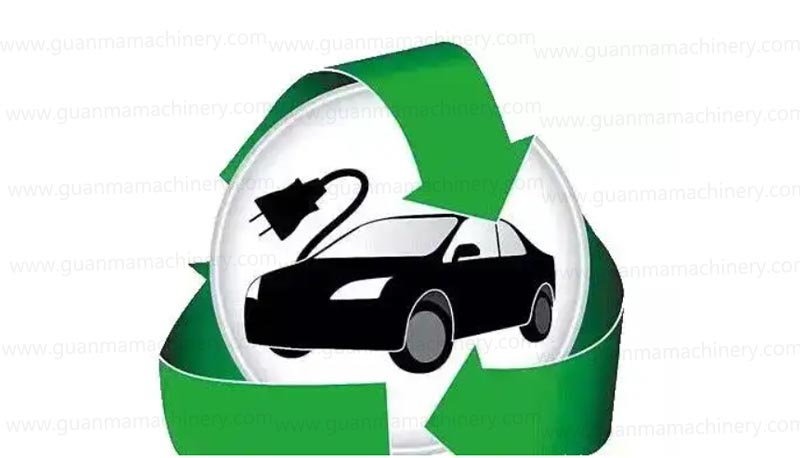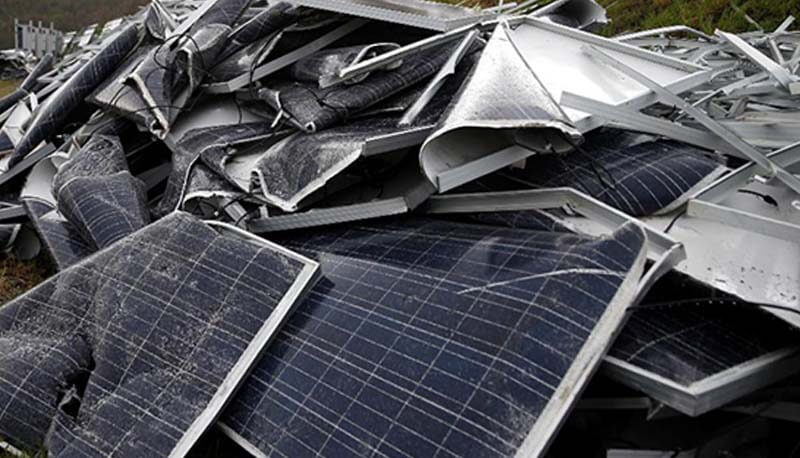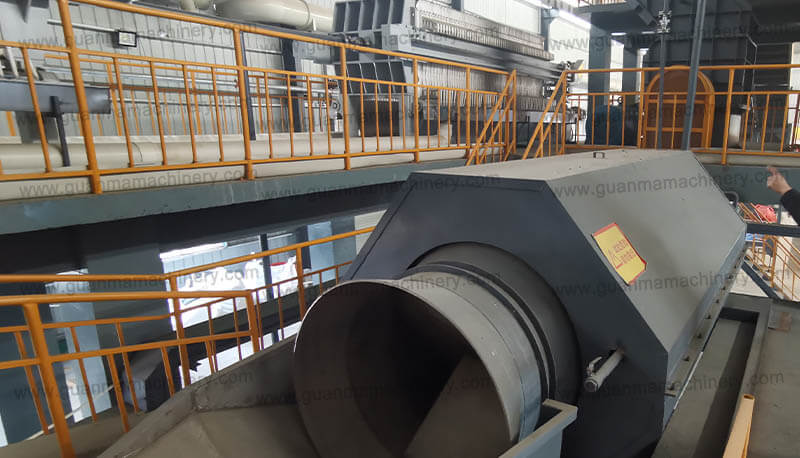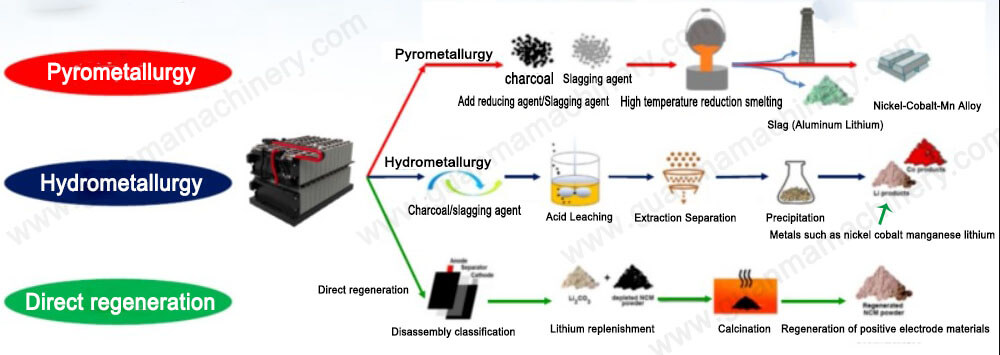Navigating the market for lithium battery recycling machines can be a complex endeavor, with prices varying significantly based on several key factors. Understanding these variables is crucial for businesses and entrepreneurs looking to enter the lithium battery recycling industry.
Machine Capacity and Efficiency
The capacity of the recycling machine—the volume of batteries it can process per hour or per shift—is a major factor in determining its price. Higher-capacity machines, capable of handling larger volumes of lithium batteries, typically come with a higher price tag due to their larger size, increased complexity, and enhanced efficiency. The efficiency of the machine, measured by its ability to recover valuable materials like lithium, cobalt, and nickel, also influences its cost. More efficient machines, which result in less waste and higher material recovery rates, are priced higher.
Technology and Innovation
Advancements in technology play a significant role in the pricing of lithium battery recycling machines. Machines equipped with cutting-edge technologies, such as advanced mechanical separation, hydrometallurgical processes, or direct recycling methods, are priced higher due to the research and development costs associated with these innovations. Additionally, the inclusion of safety features and compliance with environmental regulations can add to the overall cost of the machine.
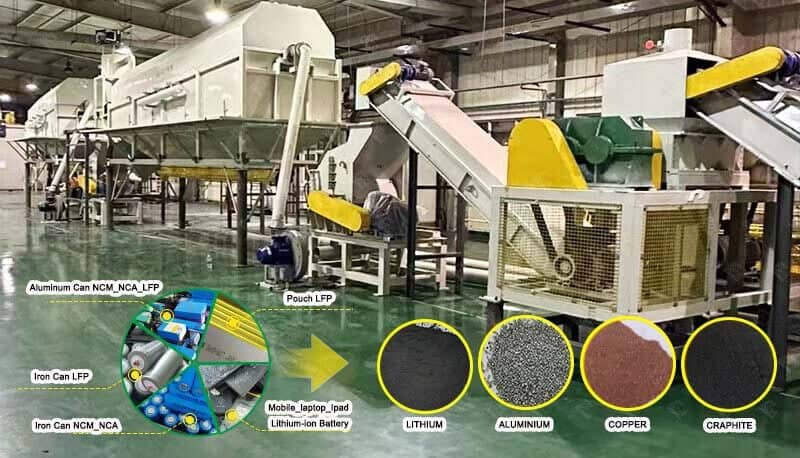
Customization and Additional Features
Customized recycling machines tailored to specific customer requirements or adapted to handle particular types of lithium batteries can be more expensive. Features such as automated sorting systems, advanced shredding capabilities, and specialized chemical leaching tanks can drive up the cost of the machine. Similarly, the integration of software for data analytics and machine learning algorithms to optimize recycling efficiency can also contribute to a higher price point.
Maintenance and Support Services
The provision of maintenance and support services by the manufacturer can influence the overall cost of a lithium battery recycling machine. Machines that come with extended warranties, regular servicing agreements, and on-site technical assistance are likely to have a higher upfront cost but can provide peace of mind and long-term savings by reducing downtime and repair expenses.
Location and Shipping Costs
The location of the manufacturer and the destination of the recycling machine can impact its final price. Machines produced in countries with higher manufacturing costs, or those requiring international shipping, may incur additional expenses due to tariffs, freight charges, and import duties. These factors can significantly affect the total cost of purchasing a lithium battery recycling machine.
In conclusion, the price of lithium battery recycling machines is determined by a combination of factors including machine capacity, technological advancements, customization options, service packages, and logistical considerations. Prospective buyers should carefully evaluate their needs and budget constraints to select the right machine for their recycling operation. By doing so, they can ensure a return on investment through efficient and sustainable lithium battery recycling practices.

